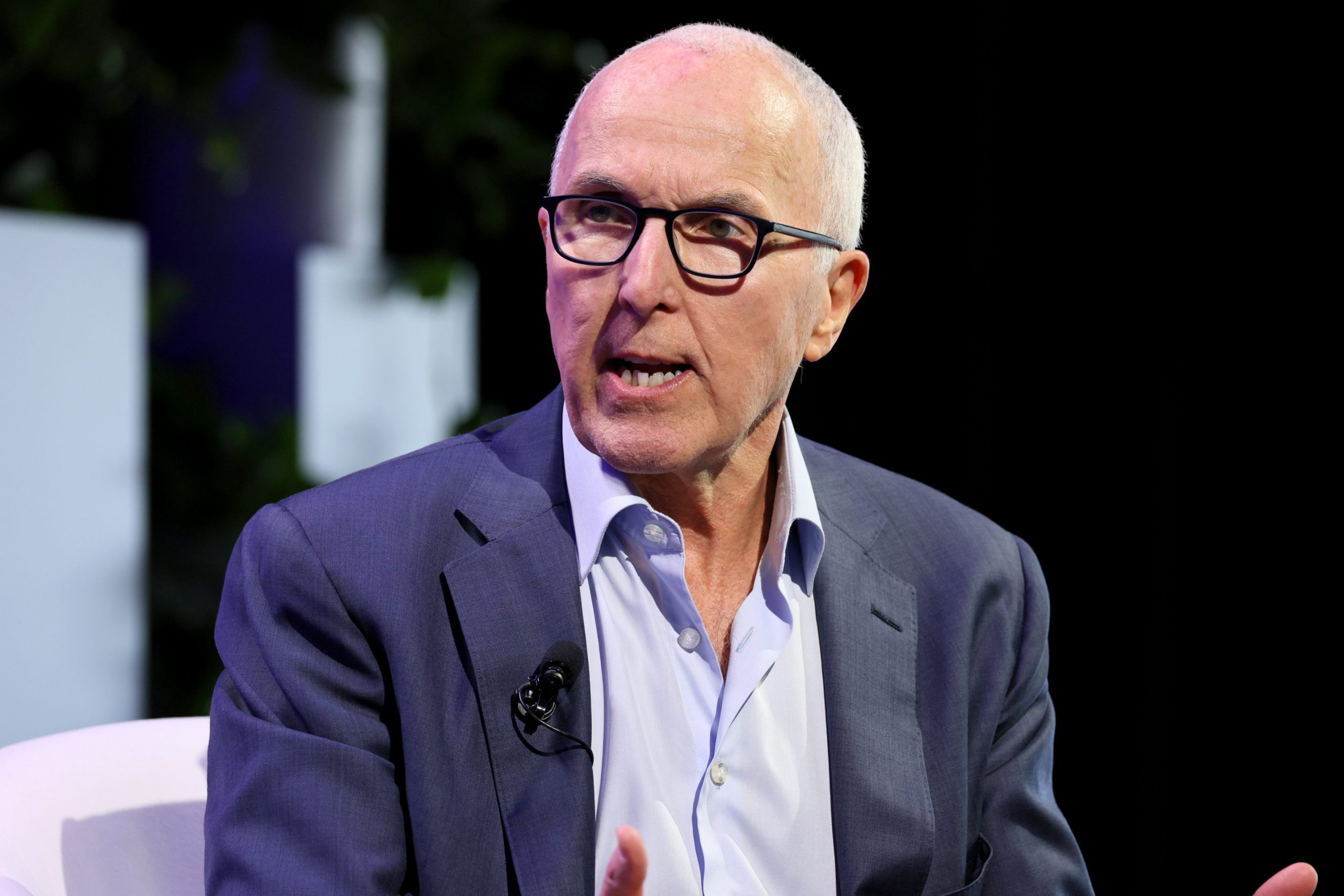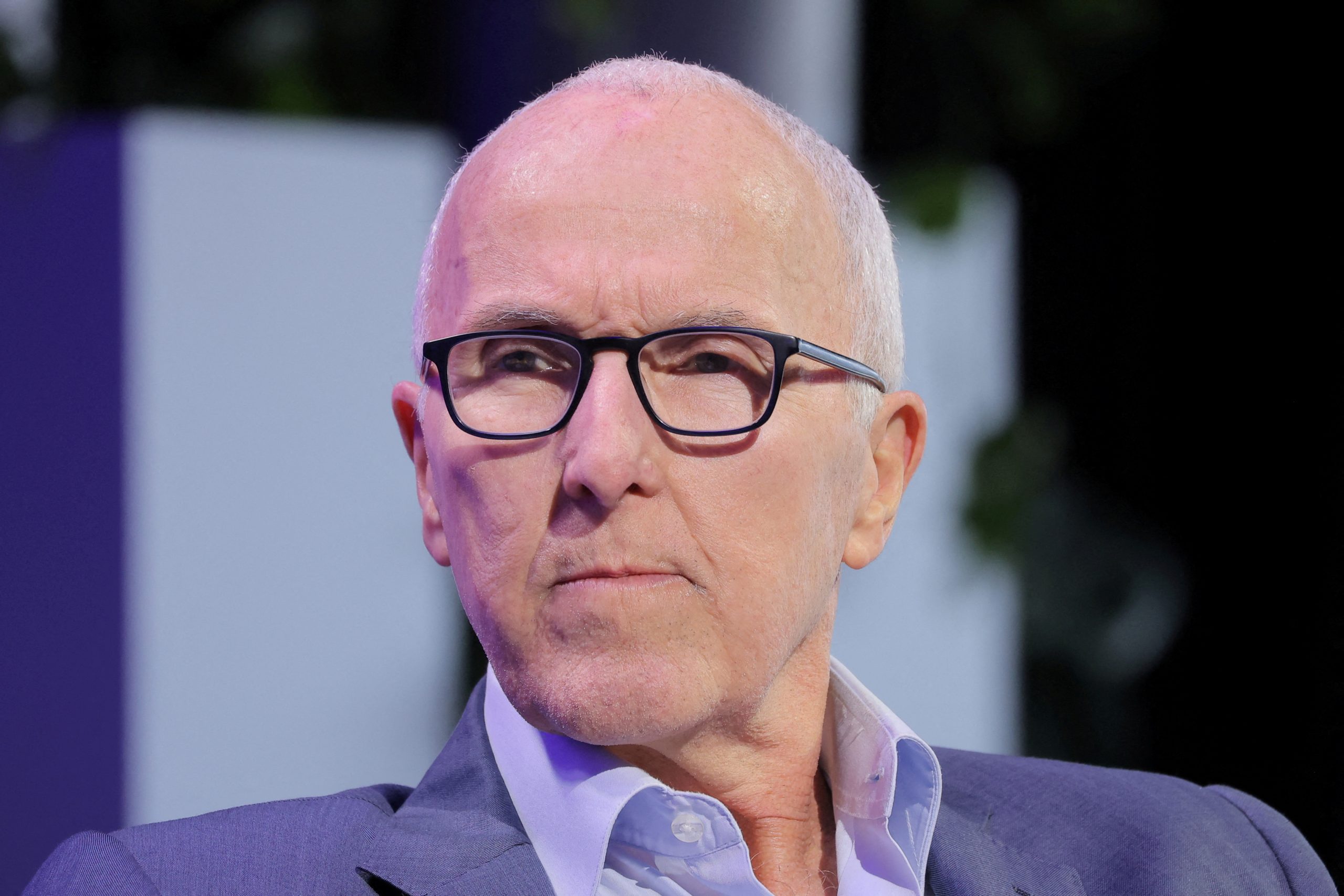Frank McCourt, a Boston billionaire, is leading a bid to buy TikTok from ByteDance after the U.S. Supreme Court upheld a law requiring its sale. The law, citing national security concerns, mandates ByteDance to sell its U.S. operations by January 19. McCourt, through his internet advocacy group Project Liberty, has proposed an offer to acquire TikTok, which he values at $20 billion without its algorithm. ByteDance’s global valuation is around $268 billion as of December 2023, and McCourt’s team includes investor Kevin O’Leary.
McCourt’s offer to acquire TikTok aligns with his broader mission to revolutionize the internet. He wants to create a decentralized platform where users, not tech companies, control their data. His vision contrasts sharply with the current model, where tech giants harvest user data to sell to advertisers. McCourt argues that this practice compromises privacy and concentrates power within a few corporations. By giving users more control over their data, he hopes to reduce the influence of Big Tech companies on daily life.
Project Liberty’s Focus on Alternative, User-Controlled Internet Model
Project Liberty, founded by McCourt in 2021, has been working to challenge the current internet structure. McCourt’s goal is to wrest user data from corporate control, allowing individuals to decide which companies can access their data. The idea is for users to own their “social graph,” which represents their online relationships and interests. This data would be shared selectively, allowing for more personalized experiences without the invasive data collection that dominates most platforms today.

To test his vision, McCourt has invested in MeWe, a smaller social media platform. McCourt Global led a $15 million investment in MeWe’s Series A round in 2022. MeWe is designed to prioritize user privacy and data control, with roughly 20 million users. However, only about 1 million use McCourt’s privacy-focused version of the app. McCourt plans to apply these principles to TikTok’s larger user base of 170 million in the U.S., testing a more user-empowered internet model.
A New Vision for TikTok: No Algorithm, Decentralized Model
McCourt and O’Leary’s bid for TikTok includes acquiring its brand, user base, and content library but excludes its algorithm. TikTok’s algorithm is a core feature that drives user engagement by serving personalized content, but it is subject to Chinese export restrictions. McCourt and O’Leary do not need the algorithm for their vision. Instead, they aim to create a new, decentralized tech infrastructure that supports TikTok’s platform while complying with U.S. laws and ensuring privacy.
Without TikTok’s algorithm, the platform would lose its personalized content delivery system, making it harder for users to discover relevant content. Replicating TikTok’s success in content discovery would require a significant technical overhaul. This would involve creating a new algorithm and gathering data scientists to make sense of vast user data. Experts suggest that even with a new algorithm, achieving the same level of user engagement would be a formidable challenge.
Even without the original algorithm, McCourt’s plan for TikTok would maintain an ad-based revenue model. However, his version would allow users to opt-in to share their data with advertisers based on their interests. McCourt believes this would make ad spending more efficient by focusing on more accurate user preferences. This approach contrasts with the current model, where advertisers rely on massive, unconsented data collection to target users, often in ways that feel invasive.

Financing the Deal: Project Liberty’s Strong Financial Backing
McCourt and O’Leary have secured significant financial backing for their TikTok acquisition bid. Project Liberty has a commitment from a major bank for the debt side of the deal, and investment bank Guggenheim Securities is advising the group. The precise details of the offer have not been disclosed, but McCourt’s bid has the backing of substantial investors. However, the involvement of ByteDance’s existing investors, like Sequoia Capital and General Atlantic, adds complexity to the negotiations
Despite McCourt and O’Leary’s offer, ByteDance has vowed to resist any attempts to sell TikTok. ByteDance has rejected the idea of a forced sale and is preparing for the possibility of TikTok’s shutdown. The company’s employees have dismissed McCourt and O’Leary’s efforts as futile, maintaining that no legitimate offer has been made for the app. ByteDance’s stance presents a significant hurdle to any potential deal, as the company remains determined to keep control over TikTok’s future.
The TikTok sale is not just a corporate matter but also a political one. The U.S. government, citing national security concerns, is involved in the decision. A 90-day extension to the January 19 deadline could be triggered if a sale is in progress, which McCourt hopes to leverage. Furthermore, TikTok’s ties to China make it a crucial element in broader trade negotiations with Beijing. These geopolitical factors could significantly affect the outcome of McCourt’s bid and the future of the app.




